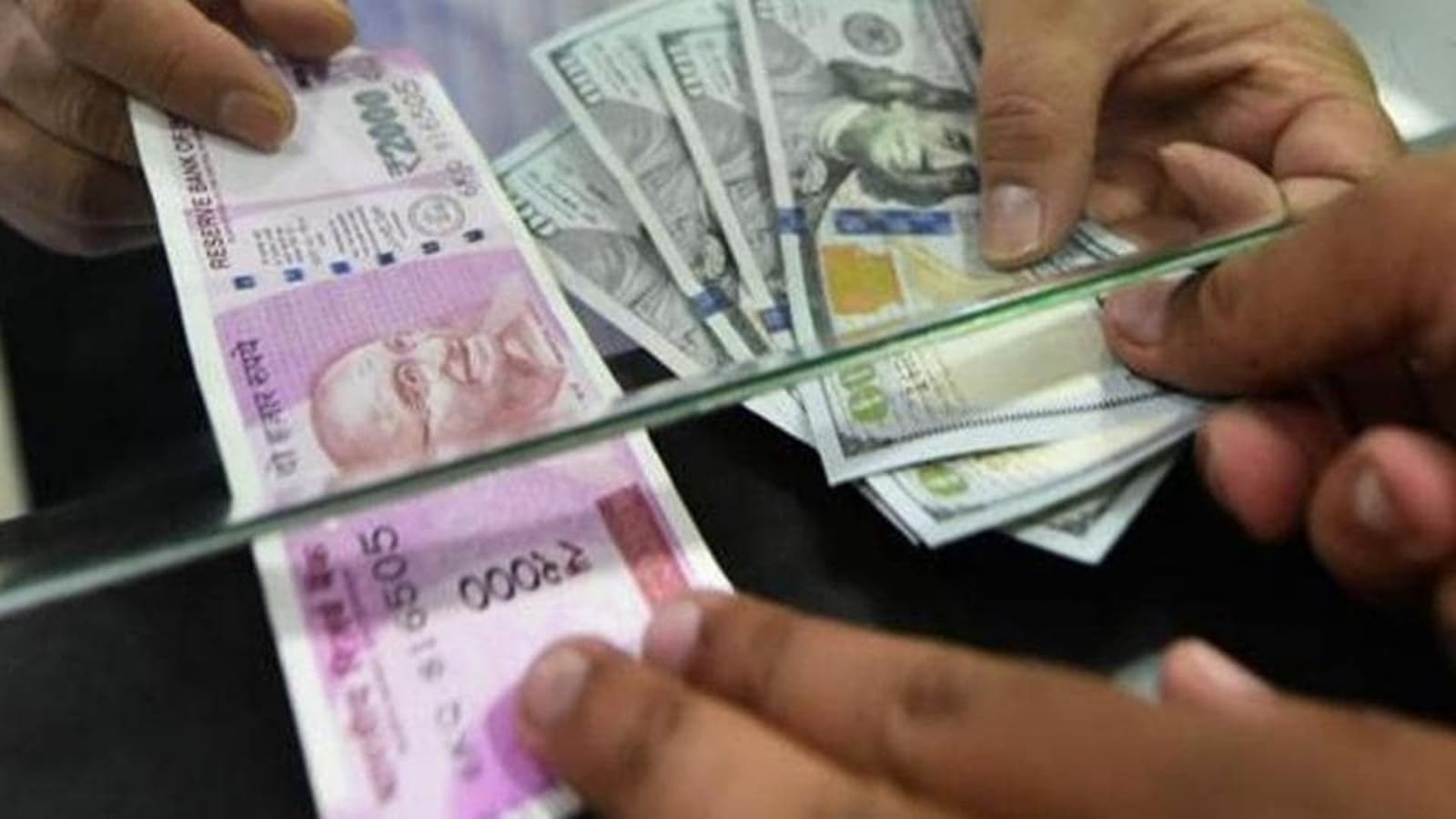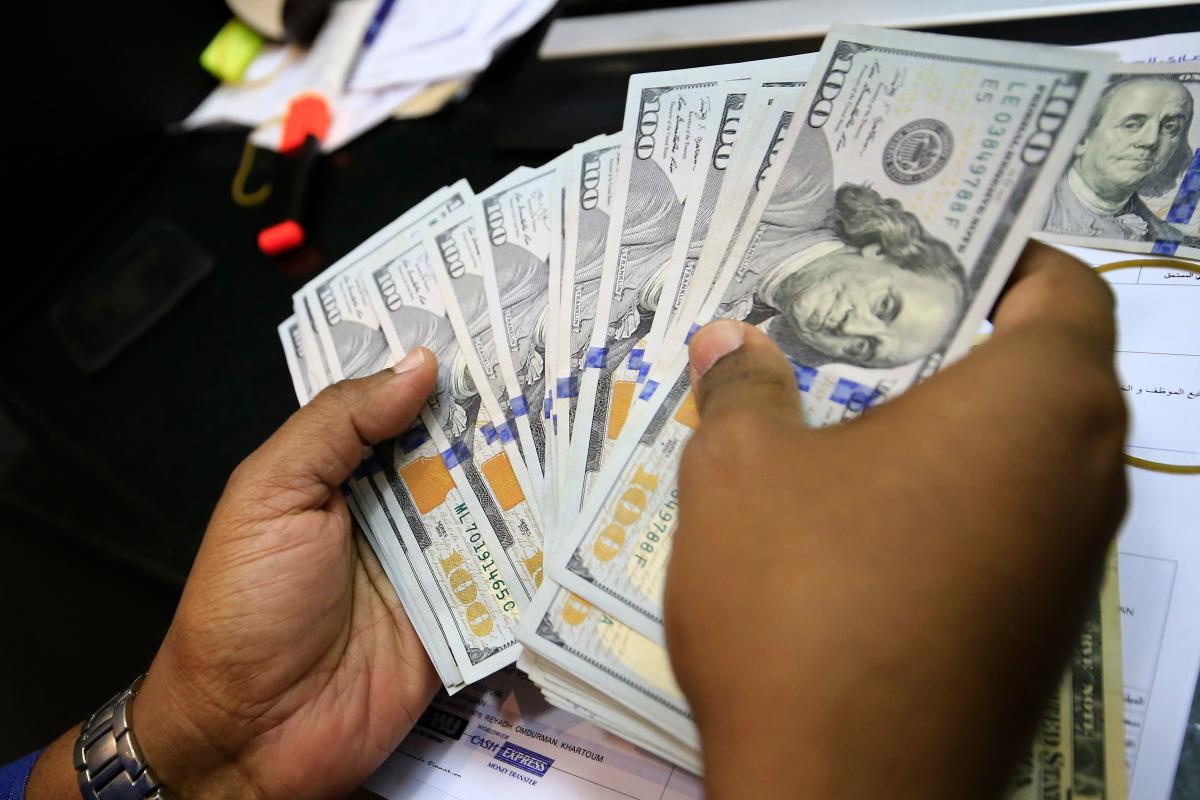Forex Reserves Rise $16.6 billion in the First Quarter

Forex Reserves Rise $16.6 billion in the First Quarter
In the first quarter, global forex (foreign exchange) markets witnessed an impressive rise, with reserves increasing by $16.6 billion. we delves deep into the reasons, implications, and significance of this increase, particularly against the backdrop of global economic dynamics.
Forex reserves are the foreign currencies held by a country’s central bank and monetary authorities. They serve multiple purposes, including:
- Stabilizing and regulating currency values:Central banks intervene in the forex market by using their reserves to stabilize their own currency values.
- Paying off international debts:Countries utilize forex reserves to settle international debts and manage the balance of payments.
- Boosting economic confidence: A strong reserve position can provide confidence to investors that the country can meet its external obligations.
According to data issued by the Reserve Bank of India yesterday, India’s foreign exchange reserves increased by $16.6 billion in nominal terms (which takes valuation effects into account) from April to June 2023, mostly due to significant inflows of foreign institutional investment (FII). During the quarter from April to June of last year, there was a $18.2 billion loss in forex reserves.

Foreign currency reserves grew by $24.4 billion between April and June 2023, excluding the impacts of valuation, compared to an accretion of $4.6 billion between April and June 2022.
Between April and June 2023, there was a rise of $20.8 billion in total foreign investment, which includes both portfolio and Foreign Direct Investment (FDI). In comparison to the $0.2 billion rise witnessed in the same quarter last year, NRI deposits increased by $2.2 billion throughout the quarter. The value loss, which was mostly caused by the US dollar’s strengthening versus other major currencies, was $ 7.8 billion in April to June 2023 as opposed to $ 22.7 billion in April to June 2022.
The significant increase in forex reserves can be attributed to foreign portfolio investors looking for promising returns in emerging markets. This results in higher foreign capital inflows, leading to a surge in reserves.A favorable trade balance, where a nation’s exports exceed its imports, can lead to an influx of foreign currencies.
If a country attracts substantial foreign direct investments, it can see a boost in its forex reserves. FDIs indicate a long-term bet on the country’s economy, pushing up reserves.If the central bank buys gold when prices are low, it can add to the reserves when gold prices rise again.A significant rise in forex reserves indicates that a country is in a position to weather economic uncertainties, as it has enough reserves to handle short-term external debt.
Increased forex reserves can lead to currency appreciation, making imports cheaper and exports comparatively expensive. This can be a double-edged sword. While it helps curb inflation, it might also reduce the competitiveness of a country’s exports.

With a robust reserve position, a central bank has more room to maneuver its monetary policy without facing immediate external pressures.
While a surge of $16.6 billion in forex reserves is notable, it’s essential to understand its significance in a global context. Countries like China and Japan boast forex reserves of over a trillion dollars.
Therefore, while the increase is a positive sign, the absolute value of a country’s reserves, in comparison to global giants, can provide a clearer picture of its economic stance.

The rise of $16.6 billion in forex reserves in the first quarter is a testament to the growing confidence of foreign investors and favorable trade balances. While it undoubtedly bolsters the country’s economic position, careful monitoring is necessary to ensure that currency appreciation doesn’t hurt export competitiveness. The central bank’s strategies in the coming quarters, influenced by this reserve position, will be crucial for the nation’s overall economic health.








